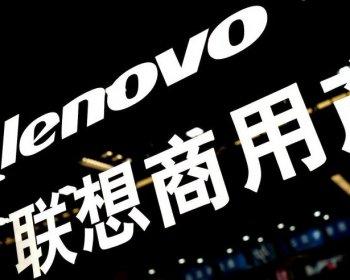Tela Innovations, a California-based tech company, filed a complaint with the U.S. International Trade Commission charging that Lenovo, China’s largest supplier of personal computers, exports products to the United States that infringe on its patents.
On Dec. 19, Tela filed complaints with the commission (USITC) to protect its patent rights on lithography-optimized design solutions for integrated circuits. Lenovo Group Ltd. of China, and Lenovo (United States) Inc. of Morrisville, North Carolina, are listed among the respondents.





